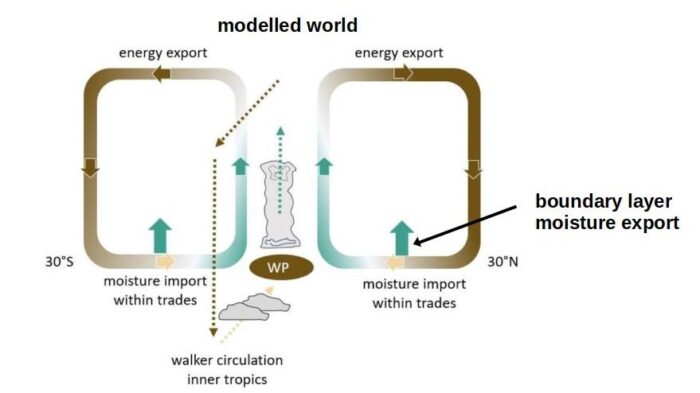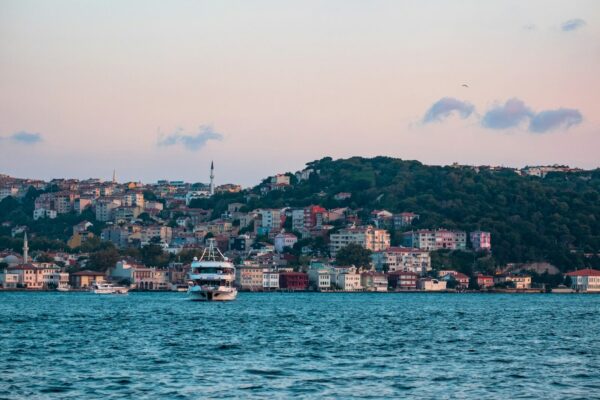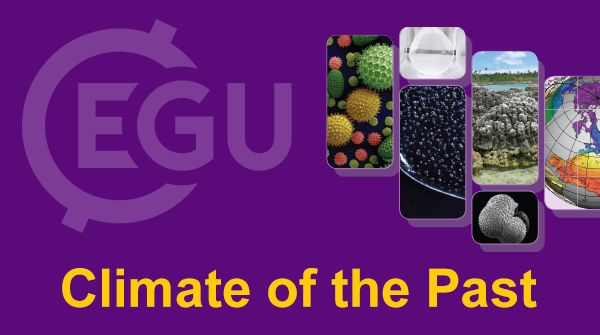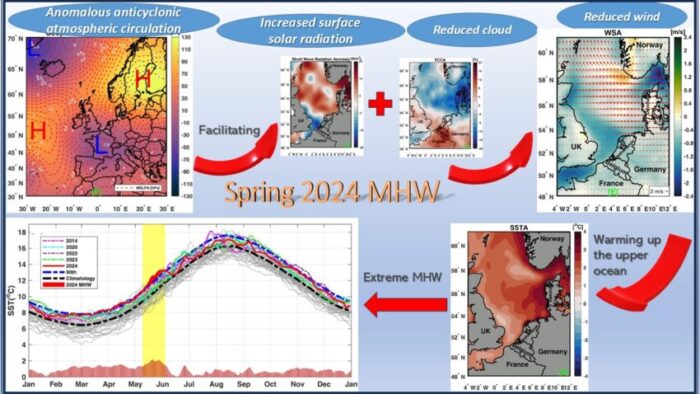One feature stands out in any map of tropical rainfall from satellites: a narrow band of intense precipitation encircling the globe near the equator. This is the Intertropical Convergence Zone, a key feature of the global atmospheric circulation that imports moisture into the tropics and exports energy to higher latitudes. But for decades, climate models have struggled to simulate this feature cor ...[Read More]
Türkiye’s Climate at a Crossroads
Climate change is often described as a challenge of the future. Yet through our latest work, we’ve realized the future is already unfolding across Türkiye’s landscapes and climates. The signs are visible in the shifting seasons, intensifying heatwaves, and changes in rainfall… As one of the authors of the study “High-Resolution Projections of Bioclimatic Variables in Türkiye: Emerging Patter ...[Read More]
20 years of Climate of the Past: A journey through two decades of paleoclimate research
Twenty years ago, a small group of scientists set out to create a journal dedicated entirely to understanding Earth’s climate history. That journal, Climate of the Past (CP), was launched in 2005 as an international open-access journal of the European Geosciences Union (EGU), and over the past two decades it has become a cornerstone for the paleoclimate community. From geological eras to the last ...[Read More]
The North Sea Is Heating Up: What Marine Heatwaves Tell Us About Climate Change?
As scientists, we are acutely aware that our planet’s climate is changing, but the speed and severity of these changes can still surprise us. As global temperatures rise, certain regions become hotspots experiencing more intense and amplified warming. As a postdoctoral researcher at the University of Liège, I have been closely studying amplified warming and marine heatwaves in the North Sea under ...[Read More]




